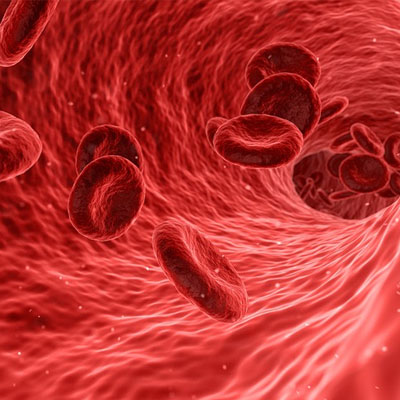A study involving 45 subjects in a cardiovascular disease prevention program reported that blood viscosity significantly increased with age. The study cohort was assessed two times about a decade apart (average 11.6 years). Hematocrit and plasma viscosity did not significantly change during the study follow-up period, whereas mean blood viscosity increased by 8%, and this increase in blood viscosity was statistically significant (p = 0.0001).
At baseline, 16 subjects had none of the classical coronary heart disease (CHD) risk factors, 19 had one and 10 had more than one. At follow-up, 9 of the 16 subjects with no CHD risk factors still had none. The number of obese patients doubled during the follow-up period, and the number of patients with hypertension nearly tripled.
Interestingly, blood viscosity was demonstrated to increase significantly during the follow-up period regardless of whether patients’ CHD risk profiles were stable or worsened. The increase in blood viscosity was observed to be independent of diabetes, cigarette smoking or an unbalanced diet.
Erythrocyte rigidity significantly increased at follow-up (p = 0.005), potentially due to the influence of oxidative stress in aging on blood cell membranes. The authors suggested that “aging per se and independently of CHD risk factors causes an increase in blood viscosity, probably through a direct effect on erythrocyte membrane, and this might contribute to the increased risk to develop atherosclerosis frequently observed in advanced age.”
Reference:


Comments are closed.